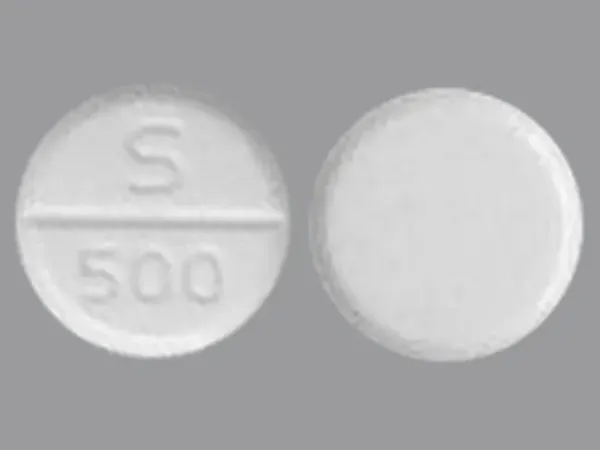Ketoconazole Interactions
There are 864 drugs known to interact with ketoconazole, along with 4 disease interactions, and 1 alcohol/food interaction. Of the total drug interactions, 436 are major, 386 are moderate, and 42 are minor.
- View all 864 medications that may interact with ketoconazole
- View ketoconazole alcohol/food interactions (1)
- View ketoconazole disease interactions (4)
Most frequently checked interactions
View interaction reports for ketoconazole and the medicines listed below.
- Aspir 81 (aspirin)
- Aspirin Low Strength (aspirin)
- Benadryl (diphenhydramine)
- CoQ10 (ubiquinone)
- Cymbalta (duloxetine)
- Eliquis (apixaban)
- Fish Oil (omega-3 polyunsaturated fatty acids)
- Flonase (fluticasone nasal)
- Jardiance (empagliflozin)
- Lexapro (escitalopram)
- Lipitor (atorvastatin)
- Lyrica (pregabalin)
- Metoprolol Succinate ER (metoprolol)
- Metoprolol Tartrate (metoprolol)
- MiraLAX (polyethylene glycol 3350)
- Norco (acetaminophen / hydrocodone)
- Paracetamol (acetaminophen)
- ProAir HFA (albuterol)
- Probiotic Formula (bifidobacterium infantis / lactobacillus acidophilus)
- Singulair (montelukast)
- Symbicort (budesonide / formoterol)
- Synthroid (levothyroxine)
- Tylenol (acetaminophen)
- Vitamin B12 (cyanocobalamin)
- Vitamin C (ascorbic acid)
- Vitamin D2 (ergocalciferol)
- Vitamin D3 (cholecalciferol)
- Xanax (alprazolam)
- Zoloft (sertraline)
- Zyrtec (cetirizine)
Ketoconazole alcohol/food interactions
There is 1 alcohol/food interaction with ketoconazole.
Ketoconazole disease interactions
There are 4 disease interactions with ketoconazole which include:
More about ketoconazole
- ketoconazole consumer information
- Compare alternatives
- Pricing & coupons
- Reviews (24)
- Drug images
- Side effects
- Dosage information
- During pregnancy
- Support group
- Drug class: azole antifungals
- Breastfeeding
- En español
Related treatment guides
Drug Interaction Classification
| Highly clinically significant. Avoid combinations; the risk of the interaction outweighs the benefit. | |
| Moderately clinically significant. Usually avoid combinations; use it only under special circumstances. | |
| Minimally clinically significant. Minimize risk; assess risk and consider an alternative drug, take steps to circumvent the interaction risk and/or institute a monitoring plan. | |
| No interaction information available. |
See also:
Further information
Always consult your healthcare provider to ensure the information displayed on this page applies to your personal circumstances.


